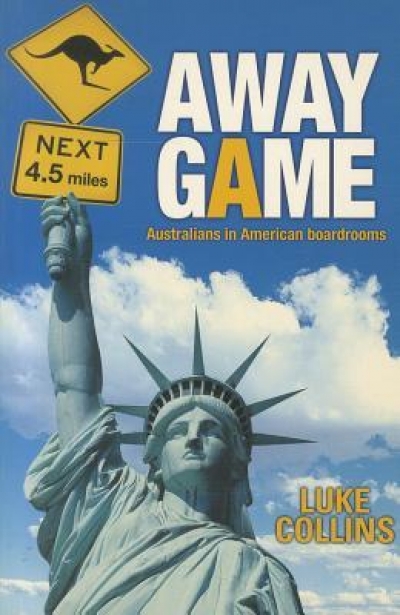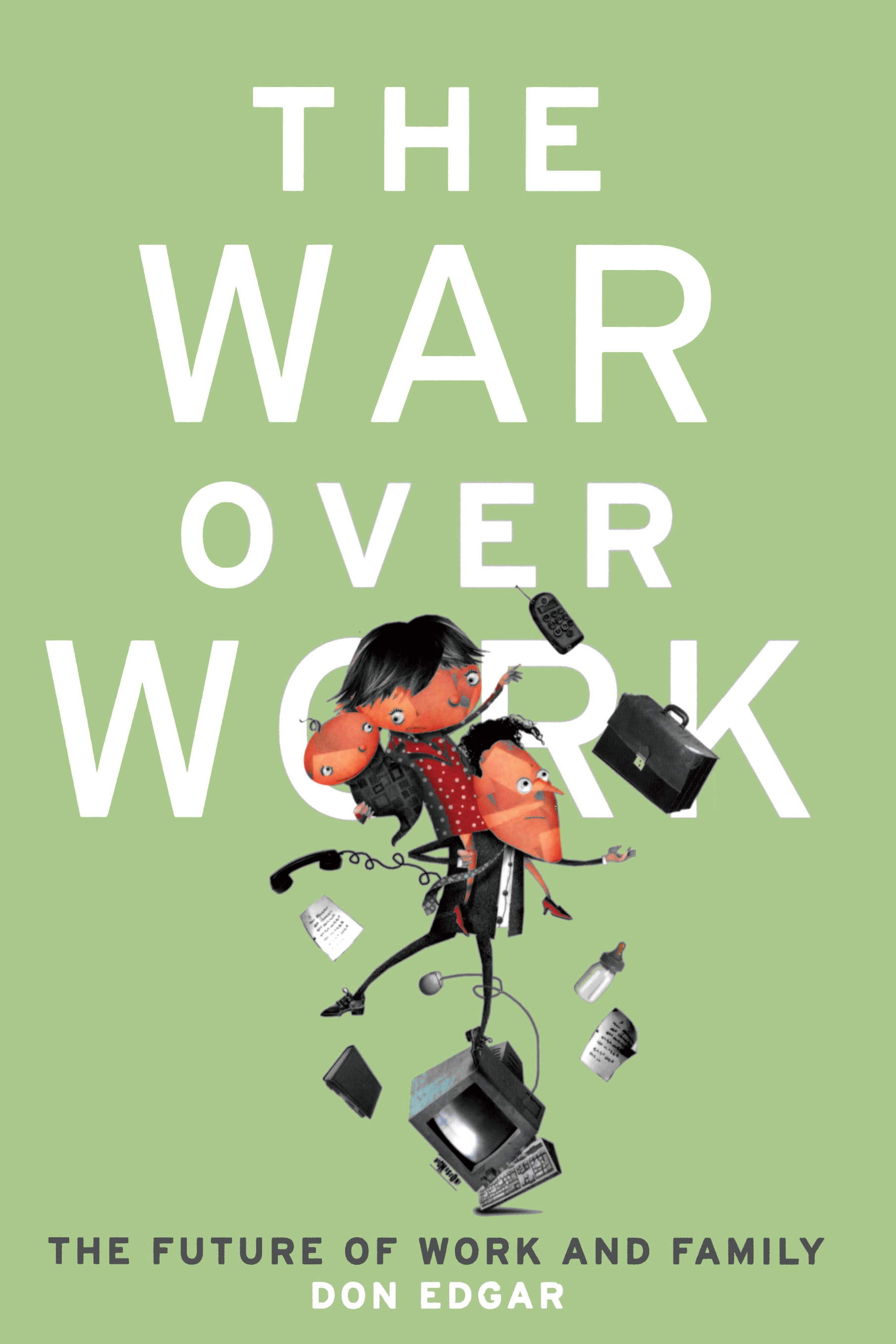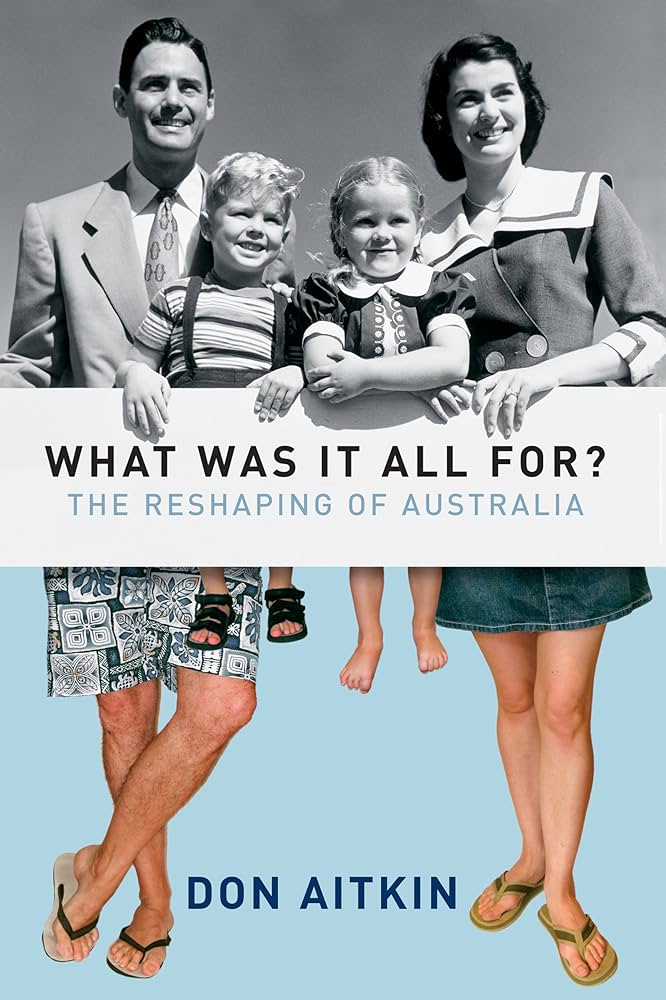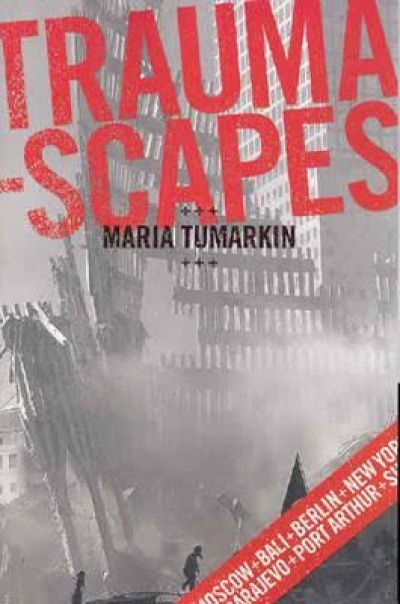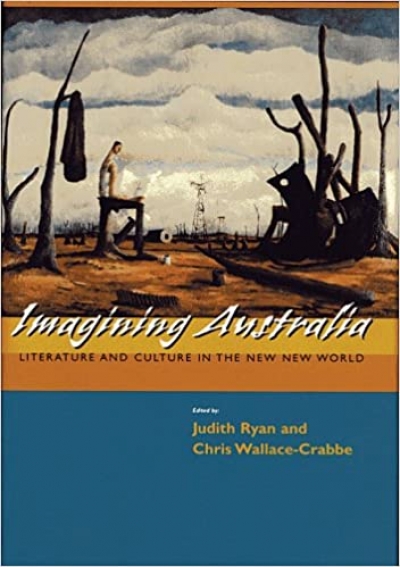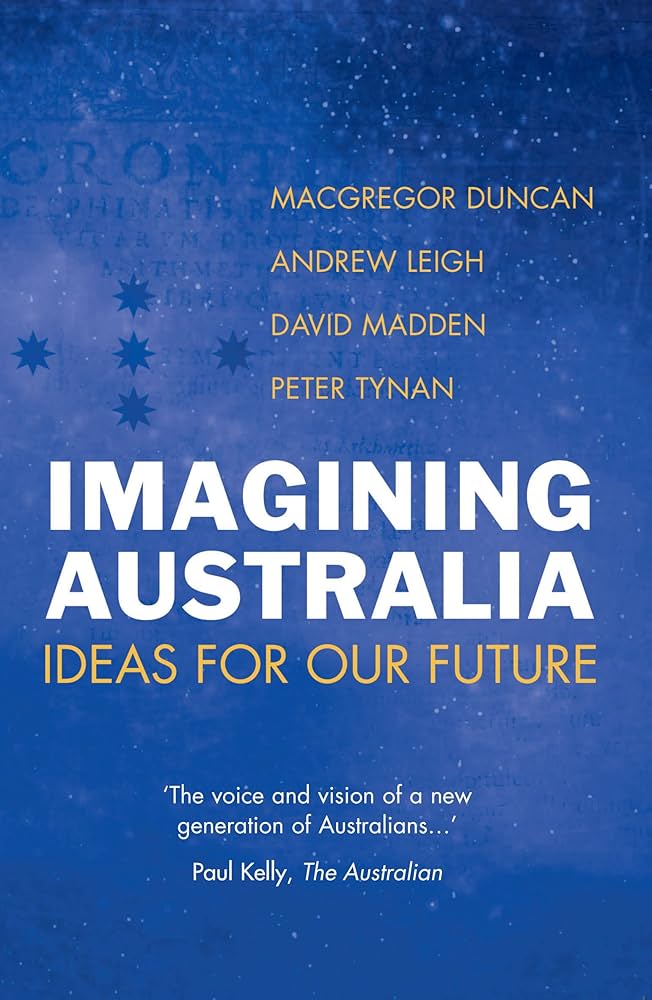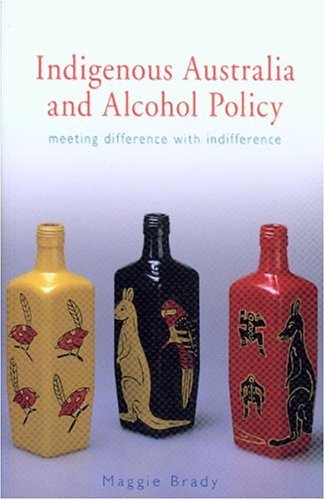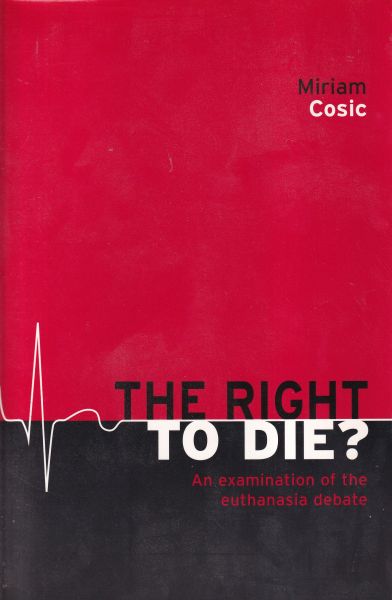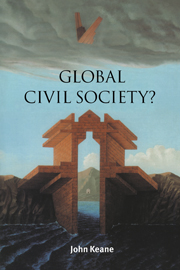Society
Away Game: Australians in American boardrooms by uke Collins
Australians have a reputation as avid travellers. Prompted by our isolation, our international ancestry or basic curiosity, we roam far and wide, often for years. One million Australians currently reside overseas. Away Game examines an expanding niche within this group; those antipodeans living Stateside at the respective helms of such corporate giants as Ford Motors, IBM, Dow Chemicals and, until recently, even the all-American bad boys of the food industry, Coca-Cola and McDonalds.
... (read more)Debates about the balance between life and work are currently running hot in the media, government and the publishing world. Don Edgar, foundation director of the Australian Institute of Family Studies, delivers a passionately argued and engagingly written analysis of the various issues currently affecting work culture and the family. He focuses on women juggling motherhood and work, the masculine workplace culture that considers family issues none of its concern, future directions for children’s learning and development, the challenges posed by our ageing population and the continuing erosion of traditional full-time work.
... (read more)Collins by Judith Raphael Buckrich (with Keith Dunstan, Rohan Storey and Marc Strizic) & Go! Melbourne edited by Seamus O’Hanlon and Tanja Luckins
Two new books with Melbourne as their subject couldn’t be more disparate in size, form, content and accuracy. Collins: The Story of Australia’s Premier Street is a big, well-designed book. It has a mysterious provenance and more than a smattering of inaccuracies: but it has pictures. These are mostly from the State Library of Victoria, and even those dating from the early years of outside photography provide clear details of the buildings and people of the time. They will enchant even those who dare think that our premier street is not so very different from the main streets of Manchester or Madison.
... (read more)What Was It All For? by Don Aitken & Australia Fair by Hugh Stretton
Don Aitken was born in 1937, Hugh Stretton in 1924. They have both had distinguished academic careers, making important contributions to the development of Australian social science, and at various points have been prominent in public debate. Both of these books might be seen as reflections on the current state of Australia, about which the younger Aitken is clearly more optimistic than is Stretton.
... (read more)Traumascapes: The power and fate of places transformed by tragedy by Maria Tumarkin
If it is the case that we can no longer avoid the effects of living under conditions of globalisation, then increasingly that spatial dimension governs our lives. Look not, therefore, deep into the history of our individual nations or localities to explain what is going on, but lift your eyes to the horizon, and beyond, where a devastated city may be smouldering. Within minutes, a local politician will be warning us that we may be next.
... (read more)Imagining Australia: Literature and culture in the new new world edited by Judith Ryan and Chris Wallace-Crabbe
Imagining Australia collects nineteen essays from a 2002 conference on Australian literature and culture at Harvard University. Of course, as the proceedings of a conference, it is on occasion hard work. There is something about conferences – the dedication of their audiences, perhaps, or the vulnerability of their speakers – that encourages a somewhat defensive formality. That said, almost every essay in this collection repays a reader’s investment with interest: in describing the history of Australian literary journals; offering a new direction for Australian pastoral poetry; providing surprising perspectives on popular Australian myths; or looking at how contemporary poets use form.
... (read more)Imagining Australia by Macgregor Duncan et al. & Restructuring Australia edited by Wayne Hudson and A.J Brown
Though reviewing books is a humble enough task, it frequently leads to elevated thinking. As I read these books, it occurred to me that, perhaps, unwittingly, they pointed to the ambiguous legacies of the Enlightenment. One of those legacies is found in the conventional political distinction drawn between ‘left’ and ‘right’; the other concerns the role of the expert.
... (read more)Indigenous Australia and Alcohol Policy by Maggie Brady & From Hunting to Drinking by David McKnight
In 2002, during the scandal and scrambling caused by Keith Windschuttle’s The Fabrication of Aboriginal History, an unassuming paperback made its way onto the shelf without much fanfare. No radio specials, opinion pieces or public debates followed its publication. Instead, David McKnight and his book From Hunting to Drinking: The Devastating Effects of Alcohol 011 an Australian Aboriginal Community slipped past Australian historians and intellectuals while they focused their attention elsewhere.
... (read more)The Right to Die: An examination of the euthanasia debate by Miriam Cosic
In his ‘Letter to Menoecus’, the Stoic philosopher Epicurus famously argued that the notion of euthanasia is an oxymoron – death can be neither good nor bad for who dies. How could a complete void be rationally welcomed or feared? In her study of the ethical, legal and political issues raised by suicide and euthanasia, Miriam Cosic reveals how, to many, the concept of a good death is far from incoherent. Many people feel that the question of whether death can ever be a good thing is for them alone to answer.
... (read more)With the world apparently going to hell in a handbasket, the flood of contributions to ideas of global governance shows no sign of abating. There is something dizzying about immersing oneself in such far-reaching and ultimately – necessarily – optimistic works about the possibility of a just global civil order at a time when the most basic liberal democratic rights and freedoms are being traded away willy-nilly at the national and local level. From national security laws to nightclub curfews, nothing seems easier to knock over than liberty, and nothing more difficult to resist than cultures of fear and repression.
Nevertheless, there is no reason not to project into a future that may offer scope for a reversal of this process. John Keane is an Adelaide-born heavy-hitter in the area of studies of civil society and democracy, and also a political biographer – most recently of Vaclav Havel. He is thus ideally placed to write a book that is both accessible to the general, well-informed reader, while sacrificing little in the way of academic smarts. He goes a long way towards succeeding, but that is in part because the political questions to which the answer is ‘global civil society’ by their very nature exclude certain dimensions of human beings whose character would complicate the picture.
... (read more)

